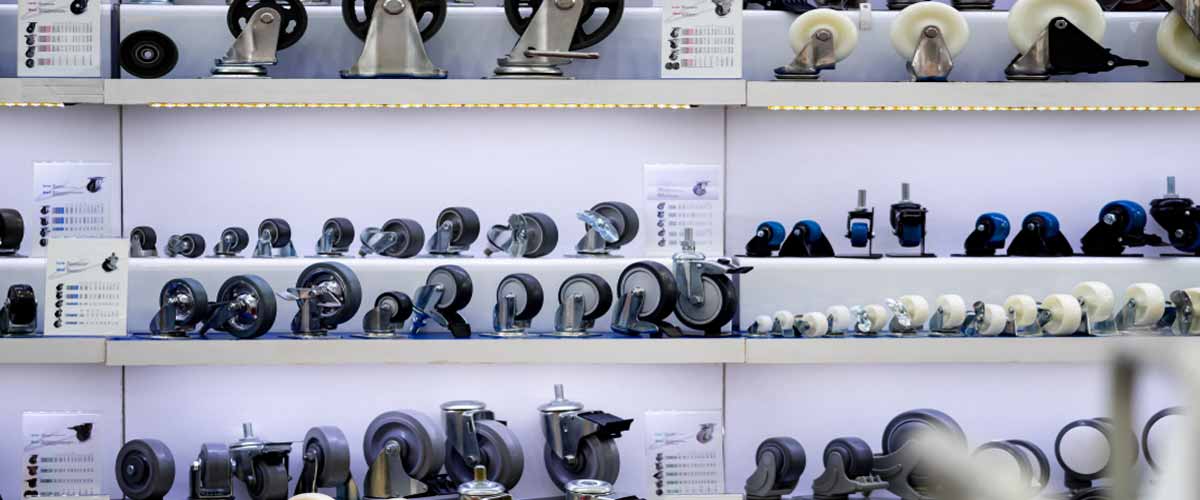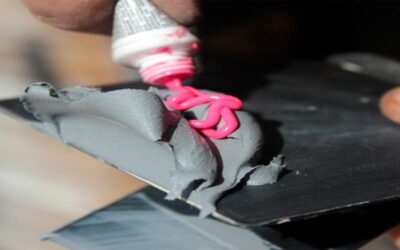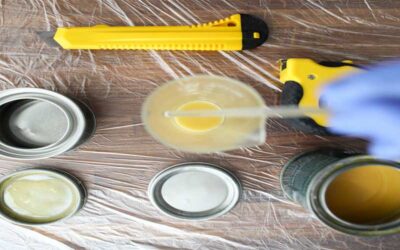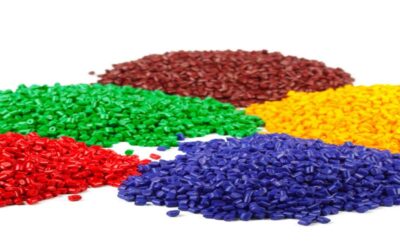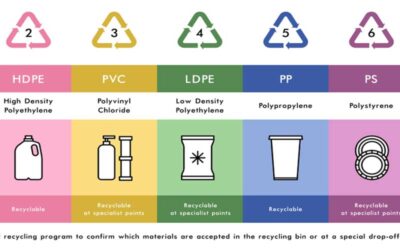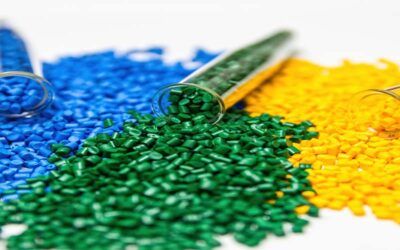Polyurethane (PUR and PU) is one type of polymer. It is composed of organic units that are joined by a carbamate connection.
When most polyurethanes are thermosetting polymers that do not liquefy when heated. Thermoplastic polyurethanes are also available.
Polyurethane is an extremely adaptable elastomer used in numberless applications.
Let’s learn what is Polyurethane Resin, its Definition, Properties, Function, History, Types, Advantages, Disadvantages, and the difference between Epoxy Resin and Polyurethane Resin.
Polyurethane Resin Definition

Speaking, polyurethanes are artificial resins or plastics that result from a polyaddition reaction between alcohols and polyisocyanates. Polyurethane casting resin has a broad range of properties that differ from application to application and the scope of possibilities.
In general, casting resin comprises a two-component system of resin and hardener.
PU casting resins are a combination of epoxy resin and polyester resin. These can be combined with various additives as well as filling materials or colorants. This gives them the desired color.
There are also color shades and fluorescent dyes that can give the polyurethane resin a proper color. This allows people to adapt the resin to their preferences.
Properties of Polyurethane Resin
Polyurethanes possess high tear opposition along with high tensile properties. It has resistance to Water, Oil & Grease Electrical Properties Wide. It has Strong Bonding Properties. It performs in Harsh Environments Mold.
Polyurethane’s mechanical properties can be out of the way and manipulated through creative chemistry. Our understanding of how to grab these opportunities allows exactness Urethane to provide “Flexible Solutions Through Polymeric revolution.
The categories of hardness for polyurethane rely on the pre-polymers molecular constitution and can be manufactured from 20 SHORE.
Polyurethane has a high load capacity in both tightness and compression. Polyurethane may change shape under a heavy load. But will return to its indigenous shape.
Polyurethanes perform very well when used in high flex tiredness applications. Flexural properties can be isolated allowing for very good lengthiness.
- Polyurethane resins have excellent water resistance.
- These are in chemical resistance and toughness and are broadly used as wood and floor coatings, plastics coatings, and sealers.
- Primarily they are used for durable high gloss coatings like in cars, industrial applications
- PU resins are used to change alkyd resins, which are used in paints, enamels, and varnishes.
- PU resins are used for manufacturing ductile thermosetting plastics. It is highly elastic, balanced in hardness, and capable of adhering well.
- It has excellent flow properties easily mixed and processed.
- Its viscosity is not too high.
- It can effectively cast and shape.
- Its demolding time is very short.
- It has a good stuffing capacity.
- Polyurethane is Broadly used in automobiles.
History of Polyurethane Resin
Polyurethanes were founded back in the 1930s by Professor Dr. Otto Bayer (1902-1982).
There are different kinds of polyurethanes, which feel very different from each other. They are used in a great number of products. From coatings and adhesives.
As simple manufacturers make polyurethane by reacting polyols and isocyanates. Products are obtained from crude oil.
A series of additives are important to produce high-quality PU products. Depending on the application the resin will be used for.
Types of Polyurethane Resin
There are a few types of polyurethane resin which are:
1. Flexible Polyurethane Foam
This resin is used in a range of consumer and industrial products for cushioning purposes.
It can be given different shapes. People can have this resin in their desired firmness.
2. Rigid Polyurethane Foam
This resin is used to provide more comfort in homes and commercial insulation and minimize energy loss.
Heating and cooling are responsible for high electricity bills. Rigid polyurethane resin can be productively used to insulate walls, windows, doors, and roofs, and achieve uniformity.
3. Reaction Injection Molding (RIM)
The activity of polyurethane RIM enables the production of parts that cannot be manufactured through conventional injection molding processes.
It is used in telecom equipment, electrical housing panels, and car bumpers. These activists increase the production of resin cores.
4. Binders
This can be used in polyurethane binders. Polyurethane binder is used to bind various mesh areas of rubber crumbs.
5. Waterborne Polyurethane Dispersions (PUDs)
As the name suggests, PUDs use water as the main solvent. This material is overwhelmingly used in commercial applications.
Advantages of Polyurethane Resin
- It has a water resistance power
- It is popular for its chemical resistance and toughness
- It can be used as amazingly durable high gloss coatings
- Polyurethane is broadly used in many applications like bedding, building insulation, footwear, and paints.
Disadvantages of Polyurethane Resin
- Short life is a major disadvantage of polyurethane products and polyurethane has hygroscopic tendencies.
- Mattresses made from polyurethane soak up water and gradually disintegrate and lose their standard of support.
- Polyurethane adhesives and sealants have the basic problem. Again, the permanence of polyurethane paints is affected adversely if it is directly under the sunlight.
- Polyurethane odors and fumes. They’re not that highly detectable. The petroleum-based chemicals, as well as flame retardant fumes, cause many physical issues.
- People who are over-represented in polyurethane experience health problems including allergic reactions, rashes, difficulty breathing, and loss of consciousness. If your eyes or skin come in contact with polyurethane, clean and rinse them
- Polyurethane emits toxic fumes if burned. But polyurethane is not as toxic as many other chemicals.
Where to Buy Polyurethane Resin?
Check out the best Polyurethane resin reviews to find the perfect one for yourself. And Visit the resin store to buy resins online at a cheap price.
Final Words
There are many benefits of polyurethane resins. They are noted for their chemical, oil, and grease resistance.
In abrasion and, as such, are not easily torn. This can elaborate on why they are usually used to produce synthetic rubbers.
In every field, it is used. Non-foam PU components are broadly used in electronic and electrical industries for sealing, compressing, and insulating circuit boards, underwater cables, and small components that are easily breakable and sensitive to pressure. It is also used in the Medicine sector.
I believe you have got a clear concept of polyurethane Resin Definition, Properties, Function, History, Types, Advantages, Disadvantages, and the difference between Epoxy Resin and polyurethane Resin.
Read the pillar article to learn about all types of Resin Definitions, History, Types, Functions, Advantages, Disadvantages, and FAQ.

